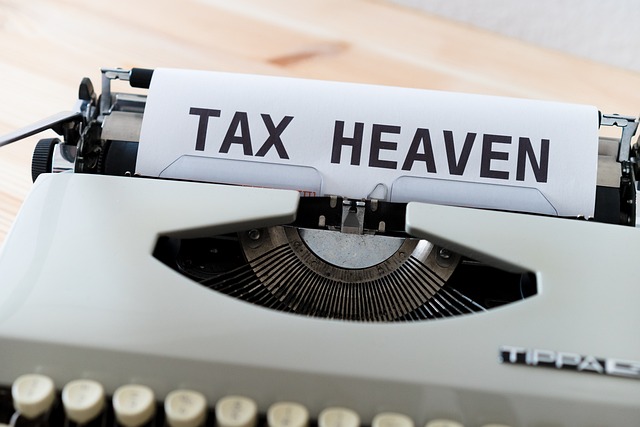Self-employed South Africans can optimize their finances through Provisional Tax (PT) planning, enabling estimated income tax payments throughout the year based on expected earnings and expenses. Accurate calculation of PT liability, using taxable income and SARS-set tax rates, avoids penalties for underpayment. Effective management involves regular tracking of income and expenses, setting aside dedicated funds for taxes, and utilizing accounting tools or professionals to ensure compliance with South African Revenue Service (SARS) regulations.
In South Africa, self-employment comes with its own set of tax obligations, and understanding provisional tax is crucial for effective financial planning. This guide is designed to help you navigate the complexities of calculating and paying provisional tax. We’ll walk through the process step-by-step, offering insights into what constitutes provisional tax, how to compute your liability, and strategies for efficient management. Master self-employment tax planning in South Africa with our comprehensive overview.
- Understanding Provisional Tax in South Africa
- Calculating Your Provisional Tax Liability
- Paying and Managing Your Provisional Taxes Effectively
Understanding Provisional Tax in South Africa

In South Africa, Provisional Tax is a key aspect of self-employment tax planning. It’s a type of income tax that self-employed individuals and businesses pay in advance of their annual tax liability. This advanced payment system ensures that taxpayers contribute to their tax obligations throughout the year, rather than paying the full amount at once during tax season. By understanding Provisional Tax, self-employed South Africans can better manage their finances, budget effectively, and avoid potential penalties for underpayment.
Provisional Tax is calculated based on estimated income, allowing businesses to set aside money regularly to cover their tax obligations. This process involves determining the taxable income for the period, applying the relevant tax rates, and making payments at predetermined intervals. Efficient self-employment tax planning includes keeping accurate records, staying informed about tax regulations, and consulting with a tax professional to ensure compliance and optimize tax savings opportunities.
Calculating Your Provisional Tax Liability

Calculating your provisional tax liability is a crucial step in self-employment tax planning in South Africa. As a self-employed individual, you’re responsible for paying income tax on your profits throughout the year. The provisional tax (PT) system allows you to make estimated payments based on your expected annual income and expenses. This process helps ensure that you meet your tax obligations and may avoid penalties for underpayment.
To calculate your PT liability, you’ll need to consider various factors, including your taxable income, allowable deductions, and applicable tax rates. Your taxable income is determined by subtracting any eligible expenses from your gross revenue. Once you’ve calculated your taxable income, apply the appropriate tax rates set by the South African Revenue Service (SARS) for your specific marginal tax bracket. Regularly review and update these calculations to ensure accurate PT payments throughout the year.
Paying and Managing Your Provisional Taxes Effectively

Paying and managing your provisional taxes effectively is a crucial aspect of self-employment tax planning in South Africa. It involves staying organized and keeping track of your income and expenses throughout the year. By doing so, you can ensure that you meet your tax obligations promptly and accurately. One key strategy is to set aside a portion of your income regularly to cover provisional tax payments, making it easier to stay current with your taxes.
Utilize accounting software or seek assistance from a tax professional to streamline the process. This approach not only simplifies record-keeping but also helps you avoid last-minute surprises or penalties. Remember that effective self-employment tax planning involves proactive measures like staying informed about tax laws, consulting with experts, and consistently applying sound financial management practices.

